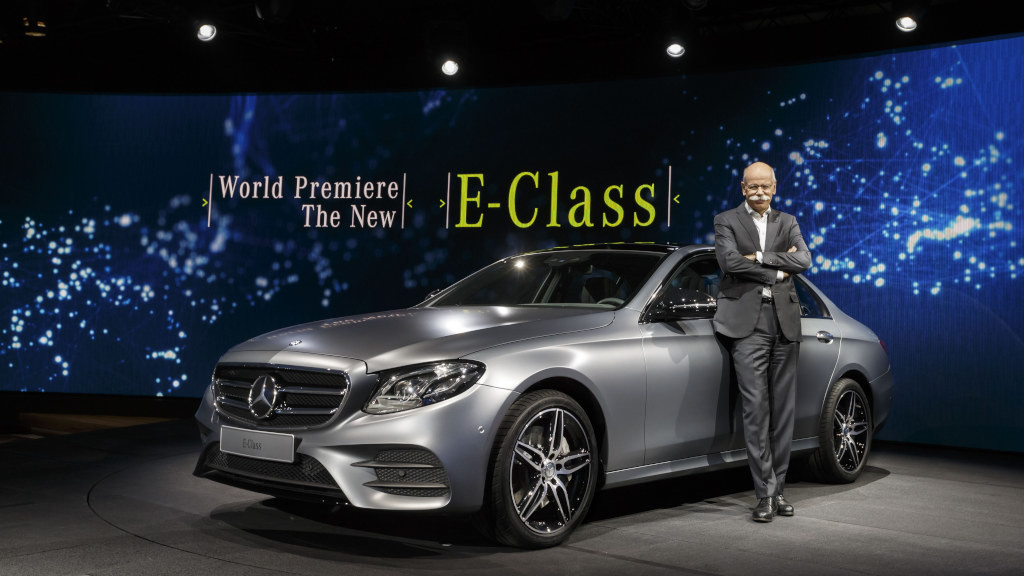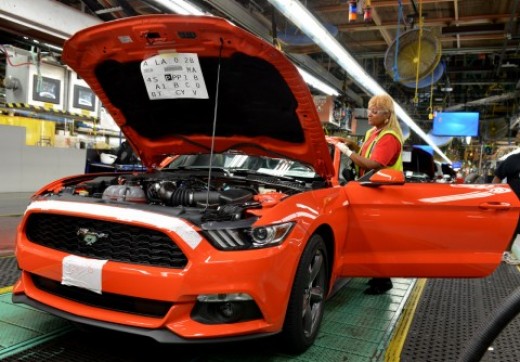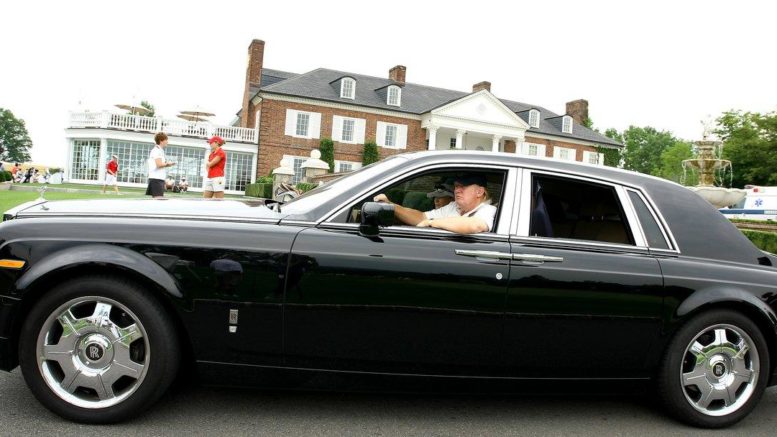The new US president is a fan of fast and luxury cars. Besides that, from now on he will have a major influence on the development of the US and global automotive industry. He does not favor the automotive factories in Mexico, European producers are afraid of his protectionist policy in the US and new taxes.
Automotive industry makes high profits, but due to the restructuring of the companies, many Americans lost their jobs in this industry. And these were among the key Trump voters.
Close victory for Trump in “automotive” Michigan State
Trump election raises the question of how the new President will influence the American automotive industry. In the last two mandates, Barack Obama spent billions of dollars for the rehabilitation of General Motors and Fiat-Chrysler.
The State of California (the home of Tesla Motors) gave more support to Hillary Clinton. In Michigan State, which is home to most of the American automotive industry (Ford, General Motors, Chrysler), Trump won by a small margin. His target group were the masses of workers in these factories, who lost their job at the beginning of the economic crisis.
German car manufacturers are worried
The German automotive industry responded shortly after the Trump election. German Association of the Automotive Industry VDA, that stands behind the Volkswagen, Daimler and BMW Group, has expressed concern over the future status of European automobile brands in the United States. For manufacturers, such as Audi, Mercedes-Benz and BMW, it is one of the most important North American market. Trump election can bring additional taxes and increased protection of domestic brands, warn the VDA.

Dr. Dieter Zetsche, Chairman of the Board of Management of Daimler AG and Head of Mercedes-Benz.
The President of the Volkswagen Group Matthias Muller expressed concern that the result of the elections may undermine the agreement with the authorities to tackle the problem with their diesel engines.
The Trump relationship with Tesla Motors may also be interesting, since his team already employs some associates, who were not environmental policy supporters of the previous US president.
The new US President doesn’t allow the relocation of car factories to Mexico
Moreover, during the election campaign, Trump in fact announced an extreme 35-percent tax on all cars produced by manufacturers in Mexico and then brought into the dealerships in the United States. He promised to revive the American car dream. Two of the three biggest US car manufacturers suffered a huge drop in sales, factory closures and bankruptcy in the years before the economic crisis in 2008.
Another thing that is not in the list of Trump wishes is Ford’s intention of 1.6 billion dollars investment in its new factory in Mexico. Another Mexican multi billion dollar investment is planned by General Motors.
The new US president stressed during the campaign that he will not allow such a thing. Between 1993 and 2013, the number of employees in the automotive industry in the US fell by a third. On the other hand, Mexican car producers increased the number of workers by 500 percent.

Ford Mustang production at Flat Rock assembly.
Today, Mexico already makes one fifth of all new cars in North America. Since 2010, Mexicans have received more than 24 billion dollars of direct investment. In the coming years, car production in Mexico is planned to furthermore increase by 50 percent.
American car dealers with record car sales
Despite the painful restructuring, today the situation of the American automotive industry is nevertheless better. Last year the Americans set an absolute record in the number of new cars bought. Some manufacturers, including, for example, Toyota and Nissan, have stressed that the market has already reached its peak.
Car sales in the US is growing for six consecutive years. The three major automobile manufacturers (Ford, General Motors and Fiat-Chrysler) are making profits and develop future automotive technology. They also introduced car sharing systems and are preparing for a change in the ownership structure of the car and mobility in general.
The US automotive industry employs more than two million people
Automotive manufacturers and their suppliers employ 926 thousand people, according to data from the US Bureau of Labor Statistics. This level is the highest since 2007. In addition, the authorized dealers of new and used vehicles employ around 1.3 million people.
United States still import more cars than they produce themselves. Last year, the deficit amounted to 125 million dollars. However, the United States exported about two million vehicles last year, which is around 26 percent increase compared to the beginning of the crisis in 2008.


Be the first to comment on "Are car manufacturers afraid of Donald Trump?"